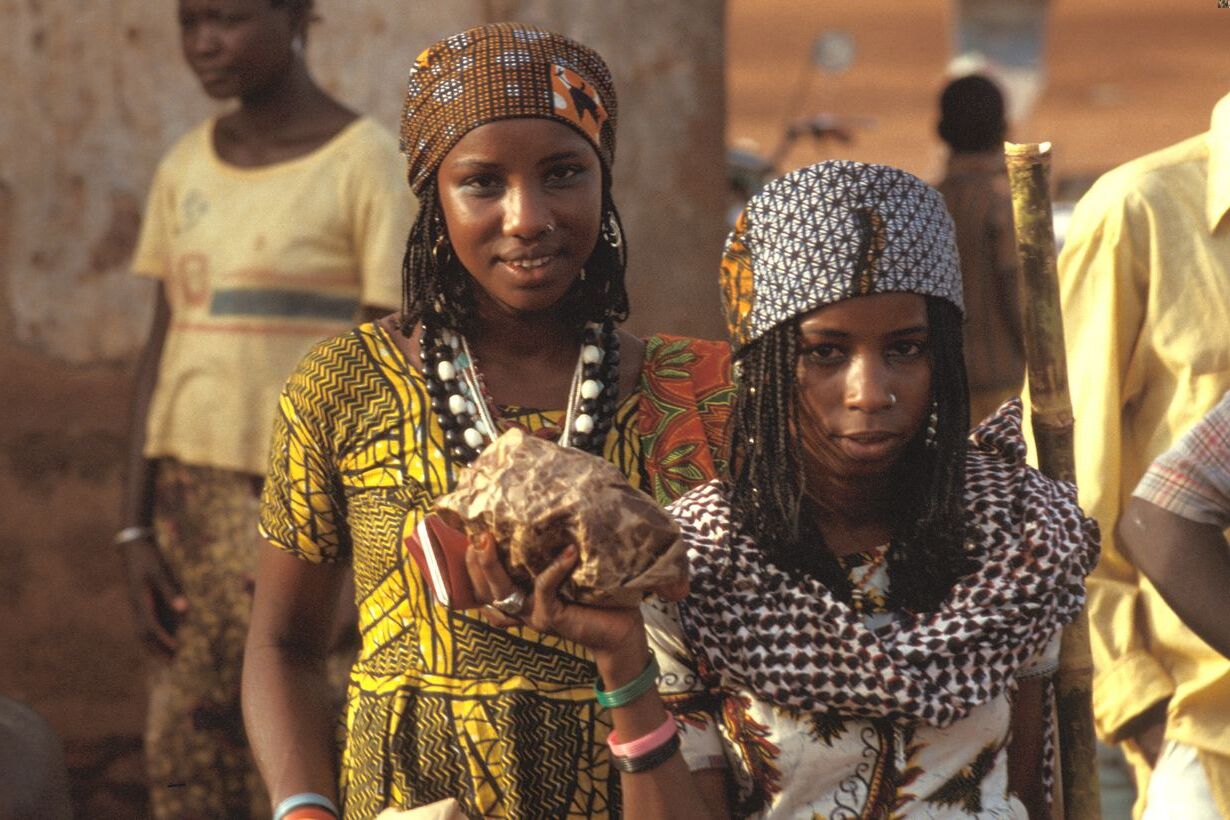
Griots are more than just storytellers; they are the living libraries of West African culture. These talented individuals preserve history, music, and traditions through their captivating performances. But what exactly makes a griot so special? Griots serve as historians, genealogists, and musicians, passing down knowledge from generation to generation. Their role is crucial in keeping the oral traditions alive in communities where written records are scarce. Ever wondered how they remember so much information? It's a mix of talent, training, and a deep sense of duty. Let's dive into 26 fascinating facts about these incredible keepers of history.
Key Takeaways:
- Griots are more than storytellers; they are the guardians of history, culture, and values in West African societies, using music, storytelling, and diplomacy to preserve and pass on their traditions.
- Griots continue to evolve in modern times, using new media and collaborations to share their art with global audiences, inspiring new generations of storytellers and preserving the legacy of West African empires.
Griots: The Keepers of History
Griots are more than just storytellers. They are the custodians of oral traditions, preserving the history, culture, and values of their communities. Let's explore some fascinating facts about these remarkable individuals.
-
Griots have existed for centuries, with their origins tracing back to the 13th century in the Mali Empire.
-
They serve as historians, genealogists, musicians, and advisors, making them integral to West African societies.
-
Griots are often born into the role, inheriting the position through family lineage.
-
They use various instruments, such as the kora, a 21-string lute-bridge-harp, to accompany their stories and songs.
-
The word "griot" is derived from the French term "guiriot," which was used by French colonizers in West Africa.
-
In their communities, griots are highly respected and hold a significant amount of influence.
The Role of Griots in Society
Griots play multiple roles that go beyond storytelling. They are essential in maintaining the social fabric of their communities.
-
They act as mediators in conflicts, using their knowledge of history and diplomacy to resolve disputes.
-
Griots are responsible for educating the younger generation about their heritage and traditions.
-
They perform at important ceremonies, such as weddings, funerals, and naming ceremonies, adding a cultural touch to these events.
-
Griots also serve as advisors to leaders and chiefs, providing counsel based on historical precedents.
-
Their performances often include praise songs, which honor individuals and their achievements.
-
Griots use proverbs and metaphors in their storytelling, making their messages more impactful and memorable.
The Art of Storytelling
The storytelling techniques of griots are unique and captivating, ensuring that their audience remains engaged.
-
Griots often use call-and-response patterns, encouraging audience participation.
-
They incorporate dance and dramatic gestures to enhance their narratives.
-
Griots are skilled in improvisation, allowing them to adapt their stories to different audiences and situations.
-
Their stories often include moral lessons, teaching values such as bravery, honesty, and respect.
-
Griots use repetition to emphasize important points and ensure that their audience remembers key details.
-
They often blend historical facts with mythical elements, creating a rich tapestry of cultural heritage.
Griots in Modern Times
While the role of griots has evolved, they continue to be relevant in contemporary society.
-
Some modern griots have adapted their performances to include contemporary issues, such as social justice and political activism.
-
Griots have embraced new media, using radio, television, and the internet to reach wider audiences.
-
They collaborate with musicians and artists from different genres, creating fusion works that appeal to diverse audiences.
-
Griots are often invited to perform at international festivals, showcasing their art to global audiences.
-
Some griots have published books and recordings, preserving their stories for future generations.
-
They continue to inspire new generations of storytellers, ensuring that the tradition lives on.
The Legacy of Griots
The impact of griots extends beyond their immediate communities, influencing culture and history on a broader scale.
Final Thoughts on Griots
Griots are more than just storytellers. They’re the keepers of history, culture, and tradition. These talented individuals use music, poetry, and oral narratives to pass down knowledge through generations. Their role in African societies is invaluable, preserving the essence of communities and their shared past.
Understanding the importance of griots helps us appreciate the richness of African heritage. It also highlights the power of oral traditions in maintaining cultural identity. Griots remind us that history isn’t just written in books; it lives in the stories and songs of people.
Next time you hear a tale or song from a griot, remember you’re not just listening to entertainment. You’re witnessing a living archive of history. Embrace the wisdom and stories they share, as they connect us to a time-honored tradition that continues to thrive.
Frequently Asked Questions
Was this page helpful?
Our commitment to delivering trustworthy and engaging content is at the heart of what we do. Each fact on our site is contributed by real users like you, bringing a wealth of diverse insights and information. To ensure the highest standards of accuracy and reliability, our dedicated editors meticulously review each submission. This process guarantees that the facts we share are not only fascinating but also credible. Trust in our commitment to quality and authenticity as you explore and learn with us.
